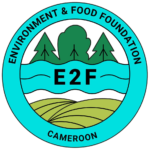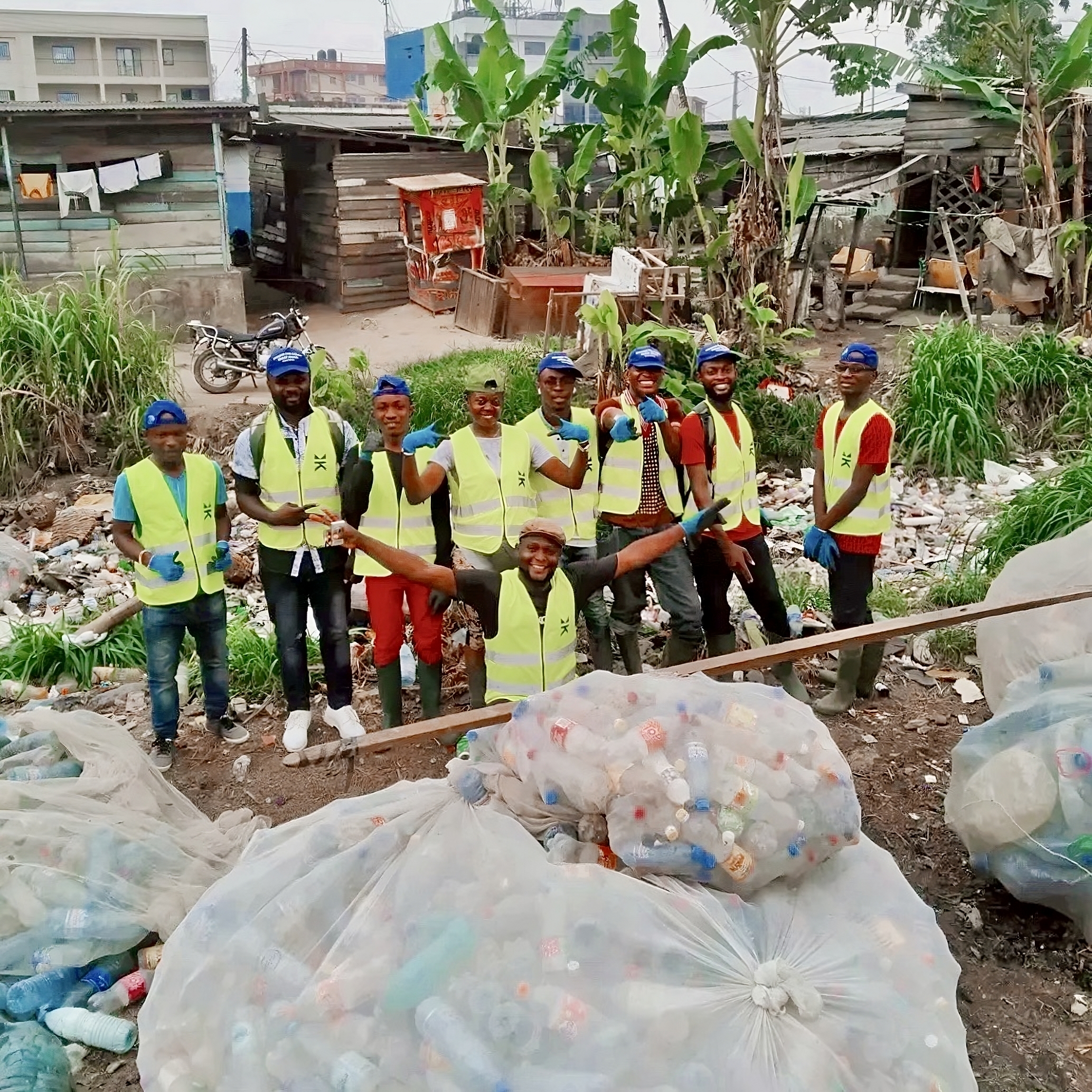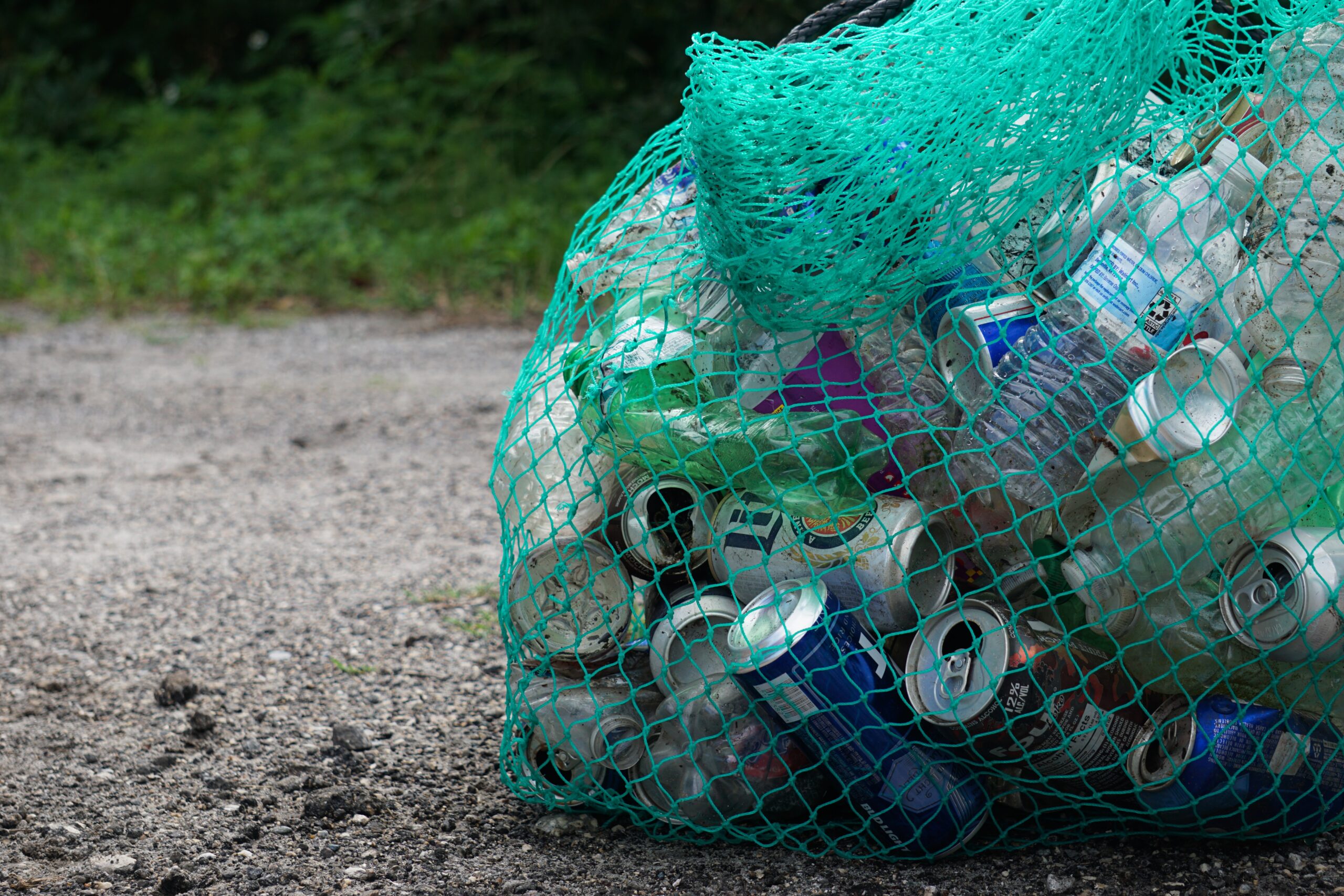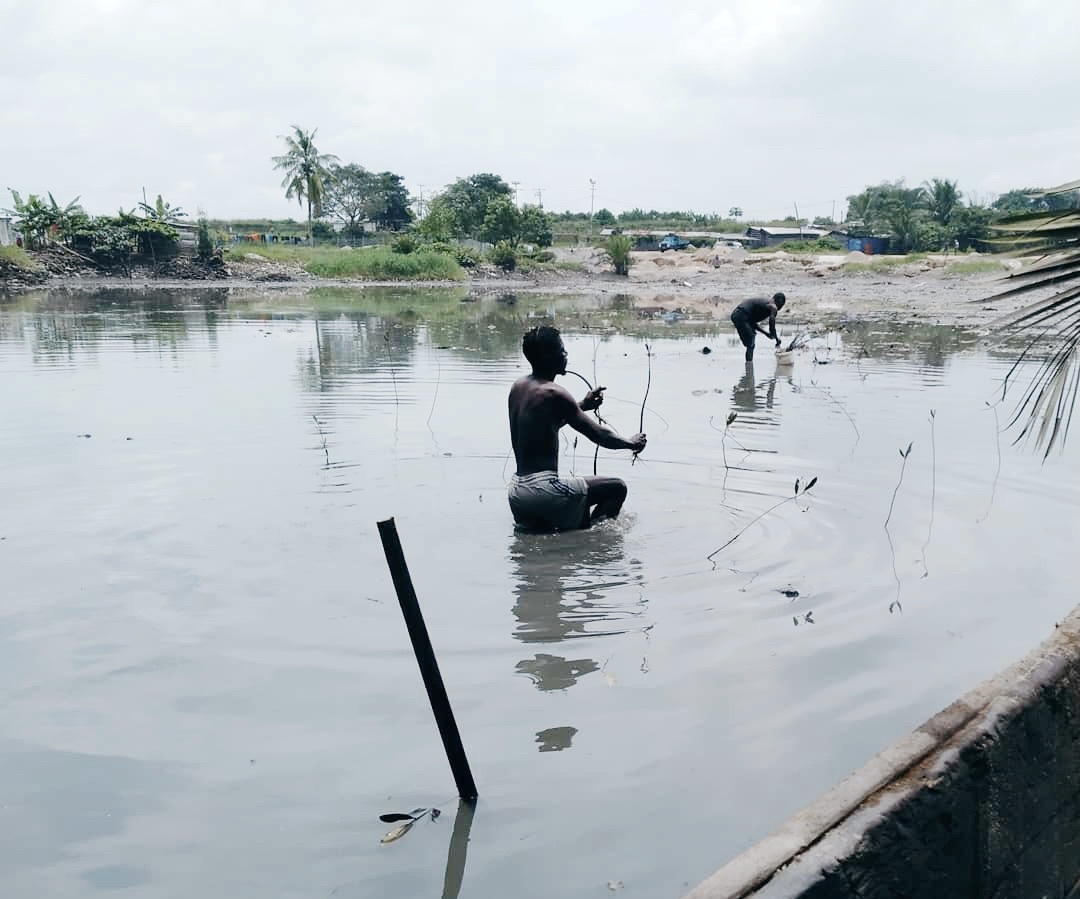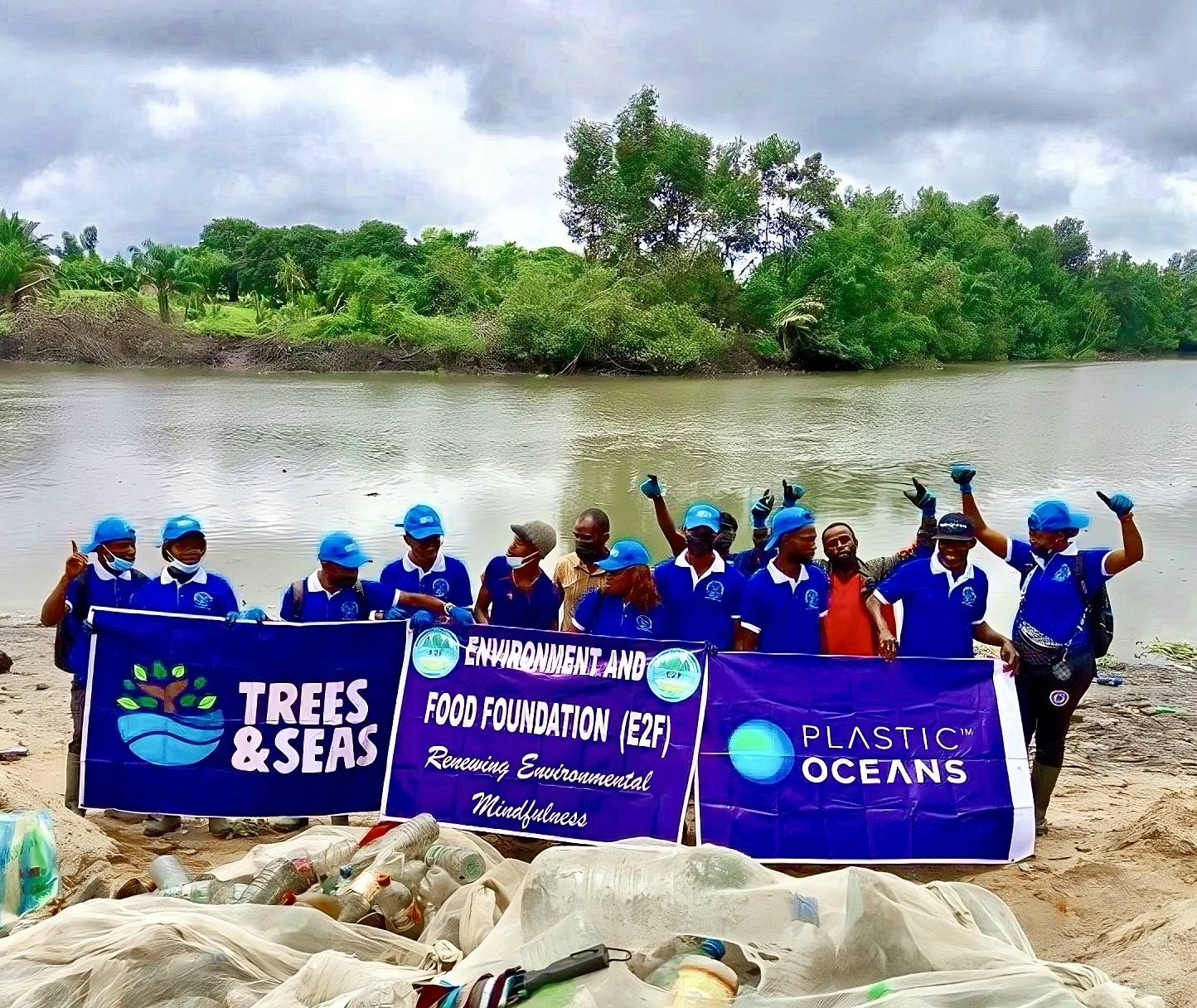Renewing Environmental Mindfulness
Empowering Ecosystems & Lives
Cultivating Cameronian Communities, Embracing Nature’s Harmony
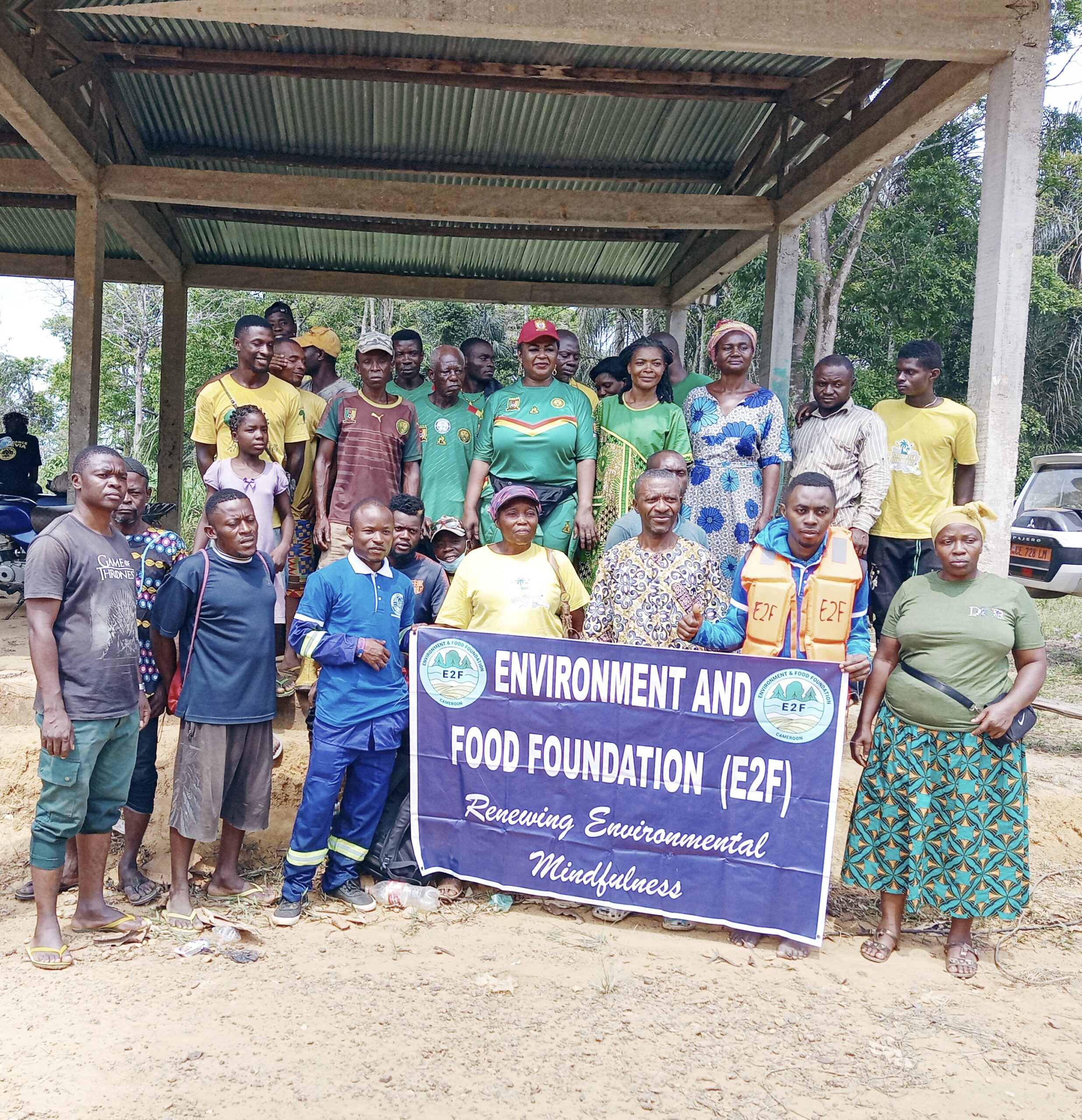
Welcome to the Environment and Food Foundation
Founded in 2017, the Environment and Food Foundation (E2F) has dedicated the past years to bridging the gap between environmental conservation and human wellbeing. Our mission is to halt and reverse the alarming threats facing marine, freshwater, and terrestrial ecosystems by collaborating with indigenous and local communities (IPLC), youth, and women.
Our Triple Commitment
At the heart of the Environment and Food Foundation (E2F) lies a steadfast commitment to three core pillars that define our purpose and guide our actions:
- Empower Climate Change
- Sustaining & Restoring Biodiversity
- Mitigate Environmental Pollution
Nurturing Cameroon's Vital Ecoregions
We strategically focus on three priority ecoregions. These areas hold unique significance as they provide critical marine, freshwater, and terrestrial ecosystem services to surrounding communities.
South-West Region
Littoral Region
South Region
Our Goals : Preserving Africa’s Vitality
Our goals are firmly rooted in the conservation of Africa’s natural heritage, the empowerment of local communities, and the sustainable coexistence of nature and society. Through strategic initiatives and dedicated efforts, we are committed to ensuring that Africa’s vibrancy endures, enriching both its environment and its people.
Preserving Ocean Health
-
Ocean Literacy Campaigns
Educating and raising awareness about marine litter, debris, and plastics pollution to protect life below water.
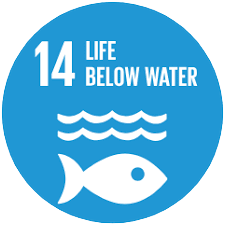
-
Ocean Literacy Campaigns
Educating and raising awareness about marine litter, debris, and plastics pollution to protect life below water.
-
Cleanups Campaigns
Activating change through hands-on efforts, cleaning up our oceans to preserve their vitality.
-
Policy Advocacy
Influencing impactful policies to safeguard our precious oceans and marine life.
- Vital Research Conducting crucial research to better understand and mitigate threats to life below water.
Empowering Nature-Based Solutions
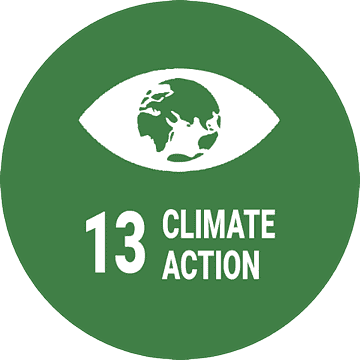
-
Mangroves and Wetlands Restoration
Empowering coastal communities to combat climate change through the restoration of mangroves and wetlands.
-
Engaging Indigenous Coastal Communities
Involving indigenous members in cultivating mangroves, indigenous, and fruit trees to enhance climate change mitigation.
Conserving Forests for Tomorrow
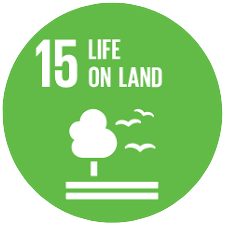
-
Agroforestry and Agroecology
Implementing practices that conserve and safeguard forests, ensuring their vitality for future generations.
-
Native Tree Planting
Actively restoring degraded forest areas by planting native or indigenous trees to foster a healthier ecosystem.
Promoting Sustainable Agriculture
-
Agroforestry and Agroecology
Implementing practices that conserve and safeguard forests, ensuring their vitality for future generations.
-
Native Tree Planting
Actively restoring degraded forest areas by planting native or indigenous trees to foster a healthier ecosystem.
Our projects in action
With unwavering commitment, we breathe life into our mission through a spectrum of dynamic projects spanning environmental conservation, sustainable development, and community engagement. Each project embodies our dedication to creating a lasting positive impact, fostering a harmonious coexistence between people and the planet.
Collection & Valorization of plastic bottles
ALDFG Reduction Initiative
Mangrove Restoration for Climate Adaptation
Protecting Lake Ossa from Invasive Aquatic Plants (AIP)
In Douala, plastic waste has become a crisis due to population growth and increased production. To address this, the E2F launchs a project to collect and recycle plastic bottles to create a sustainable waste management system.
The E2F works to reduce abandoned fishing gear along Cameroon’s Atlantic coast with the ‘Cameroon-ALDFG Reduction Initiative.’ The presence of ALDFG threatens marine ecosystems, wildlife, and coastal communities. The initiative will develop sustainable solutions and engage stakeholders to reduce the impact of ALDFG.
The Cameroon Estuary Mangroves, covering 45% of Cameroon’s mangroves, span 188,000 hectares along the Wouri Estuary. They depend on preservation due to deforestation, pollution, and unsustainable practices. These wetlands provide a habitat for diverse marine life and are essential to the livelihood of coastal communities. The Cameroon ghost shrimp is an example of the species that dwells in this wetland.
Lake Ossa in Cameroon is home to diverse flora and fauna, including vulnerable African manatees and invasive aquatic plants that threaten the lake’s ecology. To address this issue and protect the lake’s ecological integrity, the “Climate Emergency: Protecting Lake Ossa from Invasive Aquatic Plants” project will tackle the proliferation of these plants.
Our partners
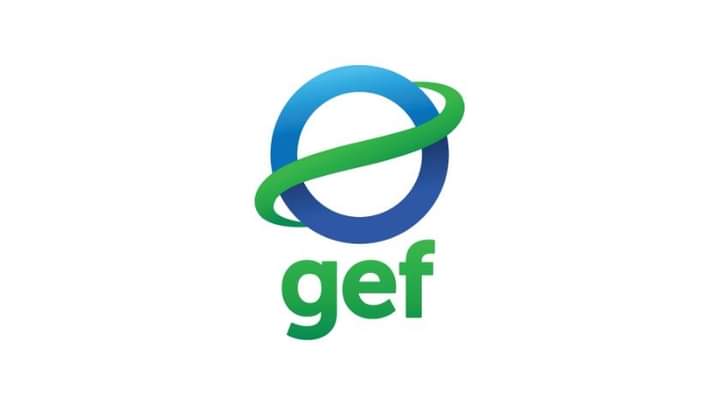

















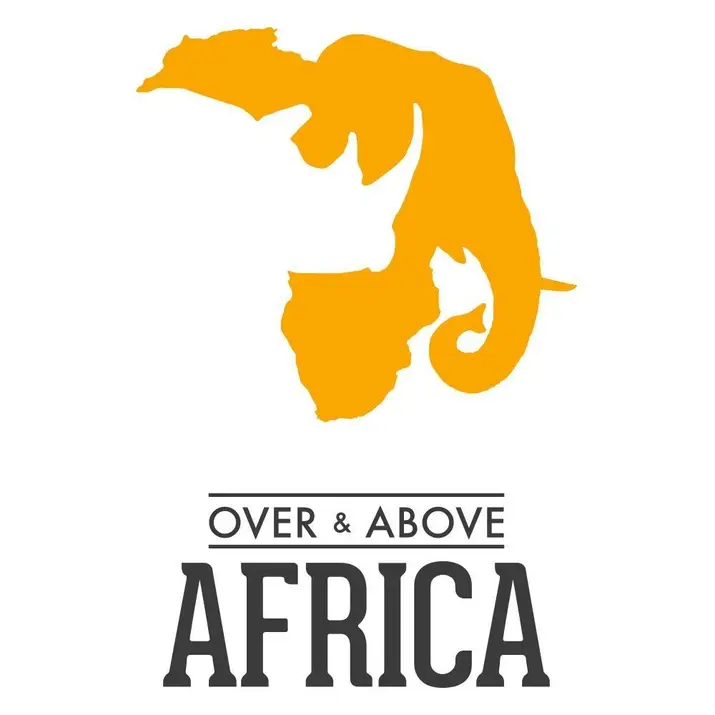
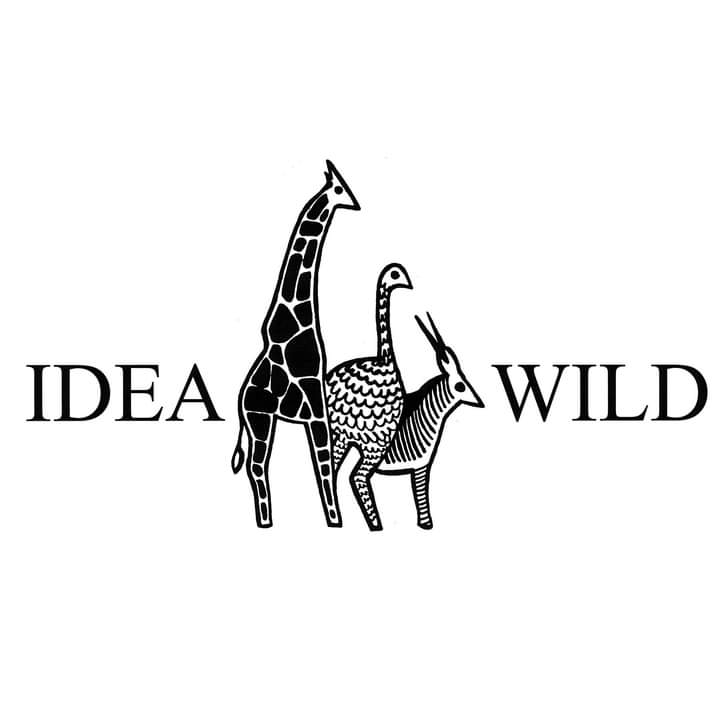
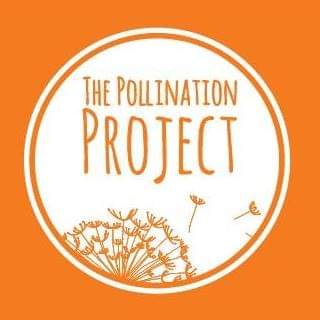
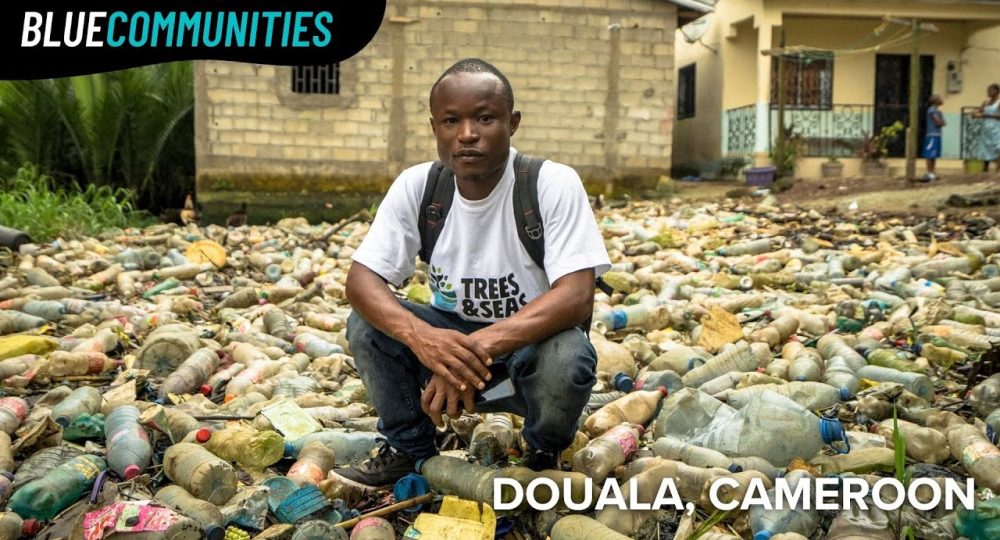
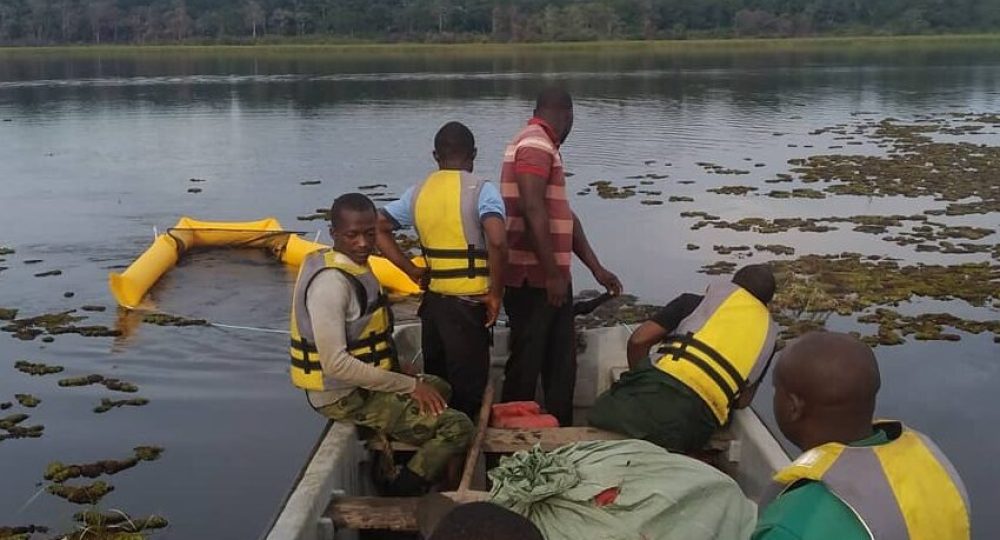
Join Us in Action
Whether you are passionate about conservation, eager to represent us as an ambassador, seeking an internship opportunity, or simply want to explore Cameroon’s natural beauty, there are several ways you can get involved with E2F.
- Become a Volunteer
- Become an Ambassador
- Become an Intern
- Become a Visitor or Ecotourist
